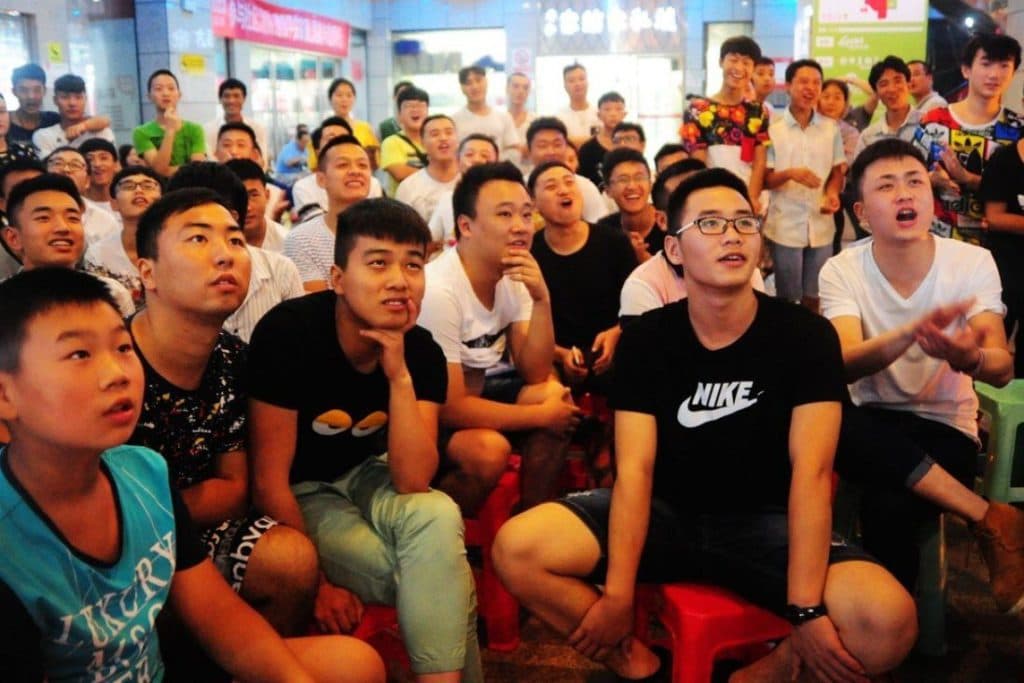The new regulations will ban those under 18 from playing videogames entirely from Monday and Thursday.
Legally limiting video games is something that might sound unrealistic and harsh - but China convinced it's the right move. In a bid to combat the growing addiction to online gaming, new rules have been published by Beijing.
The regulations in question will ban those under 18 to playing only one hour a day, 8pm to 9pm to be specific. On top of that, playtime is only allowed on Friday to Sunday. The same concession will be made at the same time on public holidays as well.
These restrictions will apply to all devices, from PCs, consoles and even mobile devices. To further ensure these limits are enforced, gamers will have to be logged-in with real-name registration, preventing any loopholes and feigned ignorance from the online gaming providers and companies.
Why did China ban online gaming?
Looking at China's attitude towards gaming in the past, this ban becomes not as surprising. After all, this is the same country that described online gaming as "spiritual opium" in the past. China had also banned gaming consoles for around 14 years, up until 2014.
In fact, these rules are merely a revision of previous, slightly less harsh ones. Under the regulations put forth in 2019, minors could have up to 1½ hours of gaming time every day. As for statutory holidays, the time limit was up to 3 hours. This would amount to around 13.5 hours per week.
The update comes from China's National Press and Publication Administration (NPPA). The NPPA is the primary agency responsible for regulations on gaming and other online media. The revisions are a bid to safeguard the mental and physical health of Chinese youth.
How will this affect Gaming in China?

The new NPPA rule would mean significant limitations to the time users spend gaming. Some players might circumvent the rules by using VPNs and accounts of adult users, but for the most part, the new rules seem detrimental to the rapid growth of gaming in the country. Unless esports receives an exemption, the new rules will have far-reaching consequences on the growth and development of the Chinese esports industry.
The government has made real name identification compulsory for all gaming companies (the deadline was June 1, 2021). As such it will become increasingly difficult for gaming companies to feign ignorance over loophole exploits in this new rule. Game companies such as Tencent have added facial recognition methods in recent times to limit game-time for teenagers.
The Responsibility Lies with Gaming Companies
The NPPA will also increase the frequency and intensity of inspections for online gaming companies. This is to make sure the new rules are being followed. Ultimately though, NPPA states that it is the companies that are the main parties responsible in curbing addiction.
On the part of Tencent, the Chinese holding company with a major stake in Riot Games, they've announced their support for the new rules. This will not be the first time they are tightening restrictions for minors as well.
It's no secret that the gaming market in China is one of the biggest in the world. This will not only be a huge blow to publishers like Tencent, but perhaps the future of the esports scene in China as well.
For more gaming news and updates, stay tuned to esports.gg.